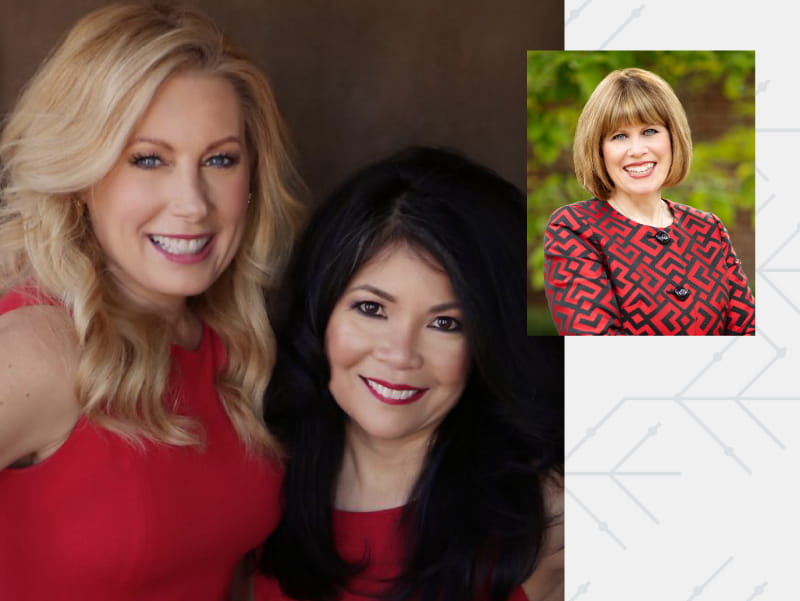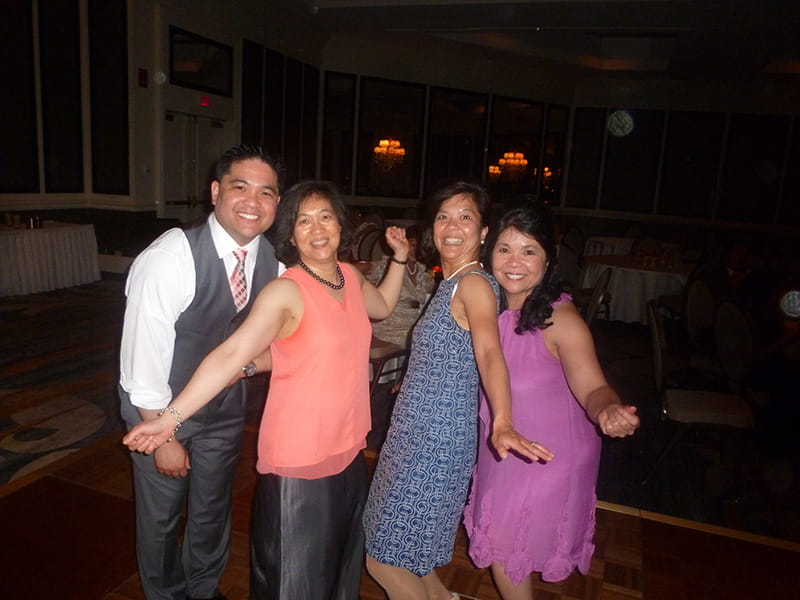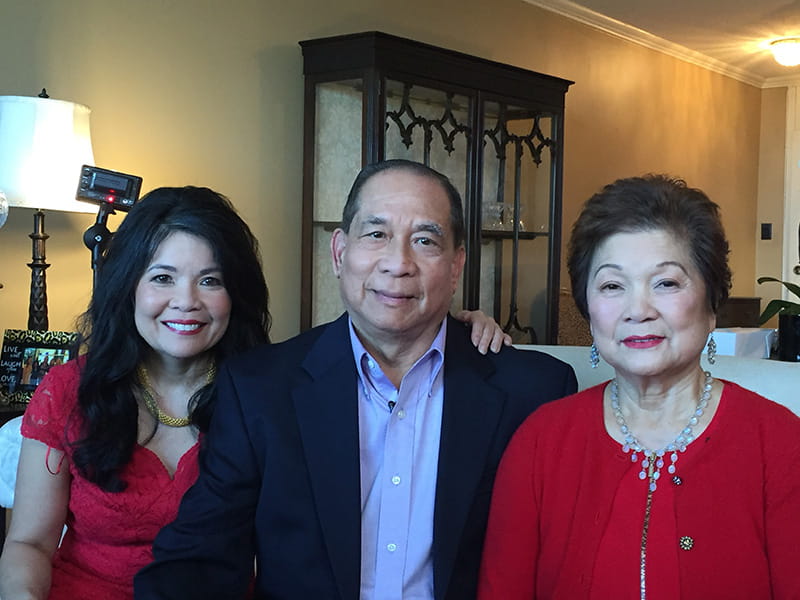She remembered some advice when it mattered most
By Nancy Brown, American Heart Association CEO

Nancy Gopez knew, of course, that anyone could have a heart attack. It's just that it had never happened to any of her friends.
So when it did, she thought it was important to learn the warning signs … for her parents' sake.
"I was worried that it could happen to them," she said.
Nancy indeed put the knowledge to good use … for herself.
Nancy's immediate realization that she was having a heart attack is part of the reason she's able to share her story. With this being American Heart Month, she's hoping more people will learn the same lesson to help their parents or children, siblings or self, loved ones or strangers.
After all, heart disease is the No. 1 killer of Americans and the No. 1 killer of women, claiming more lives each year than all forms of cancer combined. So if you don't already know someone who's had a heart attack, the odds say you will. Maybe sooner than you think.
***

On a warm July evening in 2016, Nancy and her sister Nanette went for a walk in Chesterfield, Virginia. Nancy had flown in from Dallas about a day before, so they had plenty of catching up to do as they started their annual family vacation.
They considered walking and talking for a few more blocks. Instead, they headed back to their parents' house to watch a movie with their brother, Trey. (The three siblings were the only ones home; their parents were at a party.)
Before the opening credits even rolled, a sharp pain fired through Nancy's right shoulder blade.
No stranger to back pain, she knew what to do: stretch and lay down. Only this time, her usual remedy didn't work. The pain throbbed more.
"Then I got nauseous," she said. "That's when I started thinking, 'This is serious.'"
If it wasn't back pain, what was it?
Suddenly, she remembered something she'd heard from a woman who spoke at an American Heart Association Go Red for Women event.
Nancy's friend who'd survived a heart attack – Mary Parker – became involved with Go Red once she recovered. While attending a Go Red luncheon with Mary, Nancy had learned that heart attack symptoms for women are different than for men. They're not always marked by chest pain, as is often portrayed in TV and movies.
Sometimes a heart attack is marked by shooting pain and nausea.
***
At the nearest hospital, doctors confirmed Nancy was having a heart attack.
They also said their facility lacked the equipment to provide the treatment she needed. So she was sent via ambulance to a sister facility, Chippenham Hospital in Richmond, Virginia.
In the catheterization lab, doctors inserted three stents to open her blocked arteries.
The procedure went great. The toughest part for Nancy occurred in the recovery room.
"My parents were there," she said. "They looked so worried. I felt so bad!"

***
The next day, Nancy was challenged to walk from her room, around the nurse's station and back to her room.
"Slow down!" she was told.
She couldn't help it.
"I felt like a million bucks," she said.
The rest of the family vacation went as planned. She returned home to Dallas the next week and went into cardiac rehabilitation.
***
Nancy always knew she should eat a healthier diet. Like many people, her plan was "to start tomorrow."
"Finally, tomorrow came," she said.
She's made some changes and is pushing herself to make even more. She's also taking medicines to help control her blood pressure and cholesterol.
The other big change: a high priority on sleep.
"I have to be cognizant of the fact I'm a heart patient," she said.
***
During the first American Heart Month following her heart attack, Nancy was on stage at a Go Red luncheon in Dallas telling her story.
Consider how compelling that plea was.
Nancy had the best possible outcome from her heart attack thanks to the message she heard at that very event a few years before. Now she was hoping to provide the same lifesaving information to another audience member.
"I kept thinking, 'Maybe this happened to me so I can save someone else's life like someone saved mine,'" she said.
On Feb. 28, there will be another Go Red for Women luncheon in Dallas. The co-chairs of the host committee? Nancy and Mary.
"I may never know if someone hears my message and it helps – and that's OK," Nancy said. "I just hope to help a lot of someones."
A version of this story appeared on Thrive Global.
If you have questions or comments about this story, please email [email protected].





